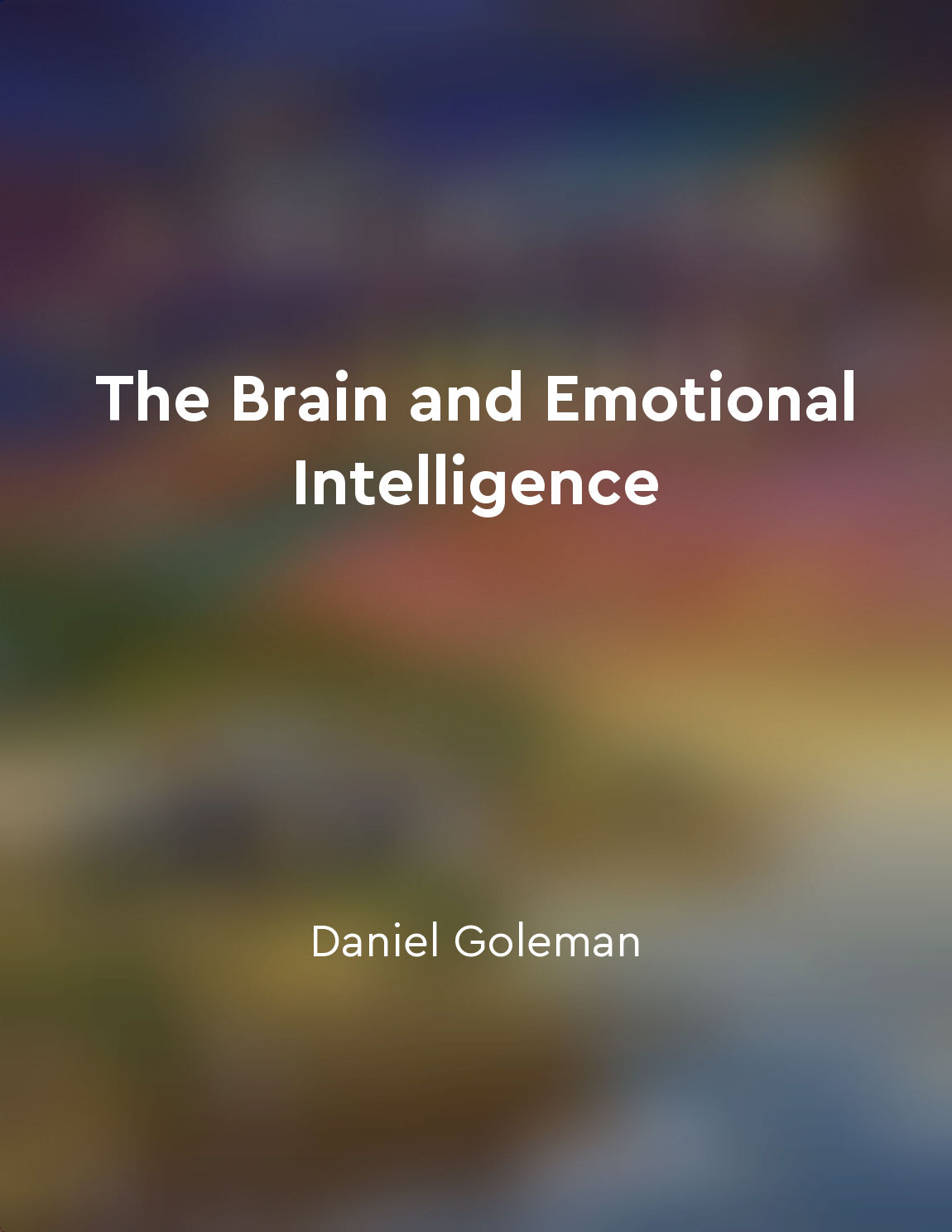Emotionally intelligent leaders are more successful in their roles from "summary" of Primal Leadership by Daniel Goleman,Richard E. Boyatzis,Annie McKee
Emotionally intelligent leaders possess a deep understanding of their own emotions and those of others. This self-awareness allows them to effectively manage their emotions in various situations, leading to better decision-making and conflict resolution. By cultivating empathy and understanding towards their team members, emotionally intelligent leaders create a positive work environment based on trust and mutual respect. This, in turn, fosters stronger relationships and higher levels of collaboration within the organization. Furthermore, emotionally intelligent leaders are skilled at recognizing and regulating the emotions of others. This ability to influence the emotional climate of the workplace can have a significant impact on employee morale and mo...Similar Posts
Prioritize tasks effectively
In our fast-paced world of constant demands and limited time, effectively prioritizing tasks is crucial for productivity and su...
Social skills are necessary for building strong relationships
The ability to connect with others on an emotional level is a crucial component of effective leadership. In order to lead succe...
Adapt your leadership style to fit different situations
Adapting your leadership style to fit different situations is a crucial aspect of being an effective leader. It requires a deep...
Leaders need to prioritize their personal growth and development
Leaders must recognize the importance of investing in their own growth and development. This is not a luxury or an optional ext...
Take ownership of your career narrative
When it comes to your career, it's important to remember that you are the author of your story. You have the power to shape you...

Communication is essential for building relationships
Communication plays a fundamental role in the formation and maintenance of relationships. It is through communication that indi...

Emotional intelligence can be learned through practice and feedback
Research shows that emotional intelligence, or EI, is not a fixed trait that remains stable over a person's lifetime. Instead, ...

Selfawareness is the foundation of emotional intelligence
Self-awareness is the keystone of emotional intelligence. It is the ability to recognize our own emotions as they happen – in r...
Emotionally intelligent individuals are better at adapting to change in the workplace
The ability to adapt to change is a crucial skill in today's fast-paced workplace. Emotionally intelligent individuals have an ...

Emotional intelligence is linked to mental and physical health
Research has shown that emotional intelligence is closely tied to our mental and physical well-being. The ability to recognize,...
